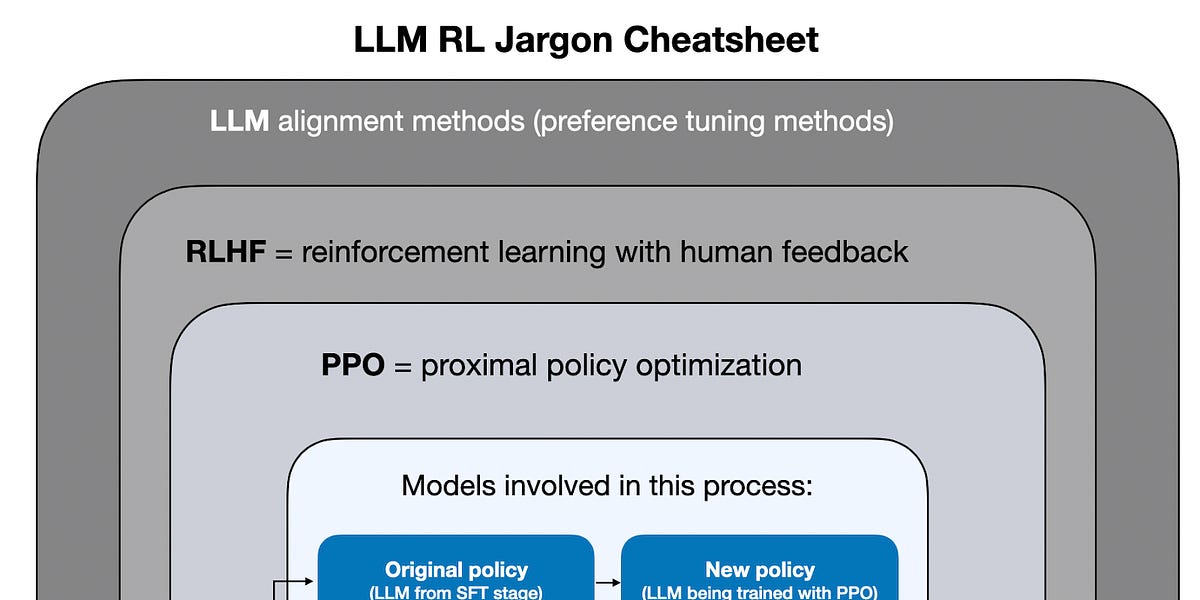The Indian IT sector is bracing for a cautious earnings season, following subdued performances from industry giants TCS and Accenture. Analysts widely expect the January–March quarter to reflect muted growth across the board, raising fresh concerns about the sustainability of the sector’s momentum amid global economic uncertainty.
TCS, India’s largest IT services provider, set the tone on Thursday with weaker-than-expected Q4 results. Both revenue and net profit fell short of market projections. However, in a positive development, the company reported record-high deal wins—a sign that long-term demand might still be intact despite near-term challenges.
The company also mentioned delaying wage hikes this year. “Because of the uncertain environment, we will take a call on wage hikes during the year. It can be any time, depending on business,” Milind Lakkad, chief HR officer at TCS, said during the earnings call.
This follows closely on the heels of Accenture’s Q2 FY25 results, which revealed $16.7 billion in revenue for the quarter ending February 28. While the consulting giant marginally raised its annual revenue growth forecast to a range of 5% to 7% (up from 4% to 7%), it still fell short of analysts’ expectations, which had anticipated a 5.7% growth.
In a significant cost-cutting stance, US secretary of defense, Pete Hegseth, reportedly issued a memo recently, ordering the termination of numerous consulting contracts related to information technology and other “non-essential activities”. The directive includes the cancellation of approximately $1.5 billion in contracts previously awarded to major firms such as Deloitte, Accenture, and Booz Allen Hamilton.
The memo further instructed the Pentagon’s chief information officer, Katie Arrington, in coordination with Elon Musk’s department of government efficiency (DOGE), to develop a plan within 30 days to internalise IT consulting and management services, transferring these responsibilities to the department’s civilian workforce.
In India, IT deal bookings have remained lukewarm, reinforcing concerns that growth may continue to taper off in the near term. As a result, analysts have revised their forecasts. They are now expecting modest revenue increases between just 1% and 5% for the March quarter across major IT firms. This has sparked a broader question: is Indian IT entering a phase of prolonged slowdown?
Meanwhile, industry experts have cautioned against sounding the alarm too soon. Speaking with AIM, Viswanathan KS, former VP of industry initiatives at Nasscom and independent digital transformation advisor, provided a more measured perspective.
“Enterprises are increasingly demanding price reductions as they scale up their use of AI and automation tools. On the flip side, several mid-market companies are accelerating their digital efforts, opening up new growth avenues,” he explained.
He referred to it as a temporary blip—much like the immediate aftermath of COVID-19—rather than a long-term structural issue.
While short-term headwinds such as geopolitical uncertainty, cost pressures, and shifting client priorities undeniably impact performance, industry insiders believe that the long-term fundamentals of Indian IT remain intact. The coming quarters will be crucial in determining whether the sector can successfully pivot and tap into emerging digital demand, or if the current sluggishness signals a more profound transformation in the global IT services landscape.
Why are Mid-Tier IT Firms Leading the Race?
Prashant Shukla, vice president at Everest Group, pointed out that mid-tier service providers have been consistently outperforming the IT services industry average.
In contrast to their larger counterparts, these firms are expected to report relatively strong growth. These companies are benefiting from their more nimble operations and their ability to focus on niche markets, which allows them to cater to specific client needs more effectively.
Many of these mid-sized providers are intensifying their focus on existing clients, reaping the benefits of base account growth. Moreover, there are instances where these players are being preferred over larger incumbents, thanks to their greater flexibility and proactive orchestration of technology, function, domain, and business to solve specific client problems.
Trump’s Tariffs Brewing Uncertainty
The ongoing trade tensions between the US and other regions are contributing to broader economic instability, impacting demand for IT services—particularly within the banking, financial services, and insurance (BFSI) sectors. Given that a significant portion of revenue tied to North America, these tariffs are likely to weigh on future revenue projections for Indian IT firms.
On the other hand, during the Q4 earnings call TCS highlighted that the company’s international business, which is more than 90% of its overall business, grew 0.6% sequentially.
Rajesh Ranjan, managing partner at Everest Group, believes that Indian IT will remain unaffected as they have already strengthened their presence in the US during the previous Trump administration in response to similar issues.
As a result, he added that the reliance on H1B visas by Indian IT has reduced, having built the capability to hire talent locally in the US and utilising technological innovations.
According to the National Foundation for American Policy (NFAP), Indian IT firms have reduced H-1B visa use by 56% over the last decade. Infosys’ visa applications dropped by 21% between FY15 and FY23, while TCS saw a 75% decline, The Economic Times reported. Wipro also reported a 69% decrease in approved H-1B petitions during the same period.
Meanwhile, in another report, NFAP revealed that Cognizant had the second most H-1B petitions in FY 2024 approved for initial employment with 2,837, followed by Infosys (2,504), TCS (1,452), IBM (1,348), Microsoft (1,264), HCL America (1,248), Google (1,058), Capgemini (1,041) and Meta Platforms (920) in FY 2024.
Generative AI to Lead the Next Growth Phase
As traditional growth drivers face challenges, GenAI has emerged as a key focal point for the Indian IT sector’s future. The success of global players—highlighted by Accenture’s generative AI bookings reaching $1.4 billion in Q2 FY25, up from $1.2 billion in the last quarter—has placed pressure on Indian firms to keep pace with these advancements.
During the earnings call of Q4, K Krithivasan, CEO and MD at TCS, revealed that the company is investing in an agentic AI form, with over 150 solutions across finance and accounting, supply chain, sourcing and procurement, HR and customer experience to support customers in the journey towards autonomous global business services.
Notably, TCS saw clients significantly scale their investments in AI and GenAI during FY25, driving strong growth across its GenAI and agentic AI services and solutions.
On the other hand, Wipro reported in its FY2025 Q2 earnings that its large deals pipeline is also benefiting from its GenAI initiatives, contributing to an impressive $1.5 billion in large deals—the highest in 10 quarters.
Analysts forecast that while the immediate benefits of AI may be concentrated among top-tier clients, the adoption of AI is expected to accelerate across the industry.
FY26 Guidance Likely to Be Better
Krithivasan mentioned that they have not seen any major project cancellations during the quarter. However, he acknowledged a few ramp-downs in certain areas, along with some delays in decision-making processes.
However, the company believes that the uncertainty will die down in the next few months.
Sid Tipnis, technology, media and telecommunications consulting leader at Deloitte, told AIM that FY25/26 is expected to see AI, GenAI and agentic AI-led innovation moves from experimentation to greater deployment across business processes and end user experience. “IT managed service arrangements will be expected to embrace these changes and pass on the efficiency to organisations. Consequently, this segment of business is likely to expect pressure on Total Contract Value (TCV), which could be in the range of 5%–10%.”

 5 days ago
14
5 days ago
14



